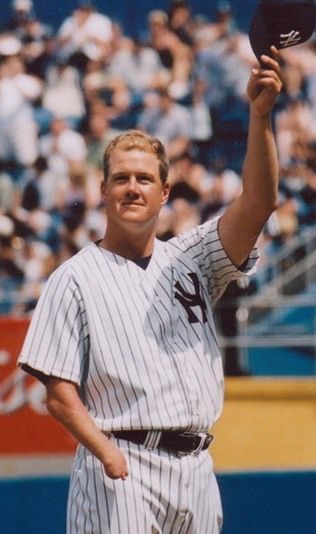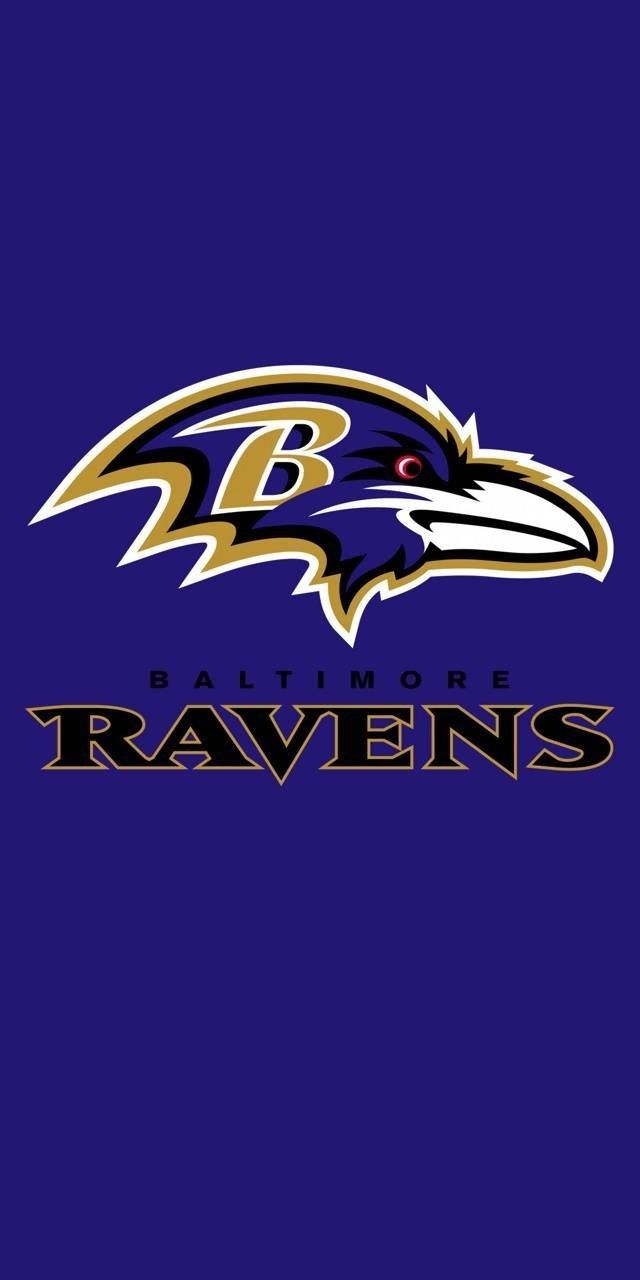“Jim Abbott: The Southpaw Who Proved Anything Is Possible”
Early Life and Overcoming Challenges
Jim Abbott was born on September 19, 1967, in Flint, Michigan. He was missing his right arm, a congenital condition that presented him with unique challenges from an early age. Instead of pampering him, his parents, who were young when he was born, encouraged him to face challenges and instilled in him a determined mindset. This mindset shaped Abbott’s determination to live a “normal” life and pursue his passions, especially sports.
As a child, Abbott developed new techniques for playing baseball, such as balancing a glove on the stump of his right hand, throwing the ball with his left hand, and switching gloves for faster fielding. By the age of six, he was practicing these skills, bouncing balls off the wall to hone his pitching and fielding abilities. His ingenuity and work ethic helped him excel in both baseball and football.
He was a stellar quarterback in high school and led his team to the Michigan state championship finals. This early adaptability set the stage for his future accomplishments and showed that his physical differences did not limit his ambitions.
Collegiate and Olympic Success
Abbott’s talent and determination earned him a scholarship to the University of Michigan, where he played for the Wolverines from 1985 to 1988. During his college career, he led the team to two Big Ten Conference championships and compiled an impressive 26-8 record. In 1987, he became the first baseball player to win the James E. Sullivan Award, recognizing him as the nation’s top amateur athlete.
That same year, he was the United States’ flag bearer at the Pan American Games, helping the team to a second-place finish. In 1988, Abbott bowled the final game for the US in the baseball demonstration event at the Seoul Olympics, winning an unofficial gold medal against Japan. Abbott’s accomplishments at Michigan resulted in his jersey number 31 being retired by the university in 2009, and he was inducted into the College Baseball Hall of Fame in 2007.
Major League Career and No-Hitter
Selected eighth by the California Angels in the 1988 MLB Draft, Abbott made history by bypassing the minor leagues and joining the Angels’ starting rotation in 1989. As a rookie, he posted a 12-12 record with a 3.92 ERA and proved his doubters wrong.
His best season came in 1991, when he posted an 18-11 record with a 2.89 ERA and established himself as one of the game’s top young left-handed pitchers. After being traded to the New York Yankees in 1992, Abbott faced challenges but reached the pinnacle of his career on September 4, 1993. Despite walking five batters, Abbott had 17 groundouts in a 4-0 victory, a feat that remains the only no-hitter thrown by a pitcher born right-handed in MLB history. His career also included stints with the Chicago White Sox and Milwaukee Brewers, where he retired in 1999 with an 87–108 record and a 4.25 ERA.
Inspiration and Reluctant Role Model
Beyond his accomplishments on the field, Abbott’s story touched people’s hearts, especially those with disabilities. He became a beacon of hope for children with disabilities, and he received thousands of letters from children and families looking for Jon Liber. Despite being uncomfortable with the label “inspiration,” Abbott’s story of overcoming a perceived limitation to find success at the highest level of professional sports touched countless lives. His ability to pitch and field with one hand—using a unique glove-changing technique—showed that obstacles can be overcome with ingenuity and determination.
Legacy and Cultural Impact
Abbott’s legacy extends far beyond baseball statistics. The ESPN E60 documentary “Southpaw,” airing July 13, 2025, highlights his impact on disability advocacy and inclusion in sports. Interviews with Hall of Famers such as Cal Ripken Jr. and George Brett, as well as individuals with different limbs who were inspired by Abbott, underscore his role as a transformational figure. His story has inspired the book “Southpaw Sully,” whose proceeds are donated to the Sunshine Foundation for children with health challenges. Abbott’s no-hitter and career embody the idea that perceived limitations do not define ability, making him an enduring symbol of resilience.
Share this content:




Post Comment